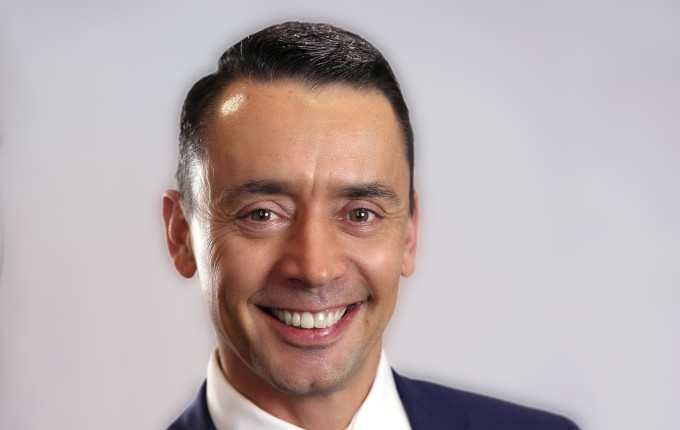Retirement is quite a different kettle of fish than accumulation and it will take some time before it becomes clear which strategies are the right ones, a panel discussion at the recent JANA Annual Conference found.
Success in retirement looks different from success in accumulation.
Whereas in accumulation the objective is to simply generate a pot of money, retirement is about spending that money in a way that provides a member with a satisfying lifestyle.
The right strategy to achieve this might look very different for each individual, panel members said during a session on retirement strategies at the JANA Annual Conference 2022 in Melbourne last month.
Amara Haqqani, Chief Client Strategy Officer at Bennelong Asset Management, was involved in the development of QSuper’s Lifetime Pension while in a previous role at actuarial consultancy firm Milliman.
Haqqani pointed out that success in retirement is not simply about generating good investment returns.
“This is an industry that is so used to fundamentally single and one-dimensional, quantitative measures of success: headline performance figures, et cetera,” she said during the session moderated by Danielle Bose, Head of Retirement at JANA.

Retirement presents a problem for two reasons. The first is that retirement is a problem of one, meaning that my retirement doesn’t look like yours. The second is that success is consequently not found inside a product, but rather its application to its user – Amara Haqqani
“But retirement presents a problem for two reasons. The first is that retirement is a problem of one, meaning that my retirement doesn’t look like yours. The second is that success is consequently not found inside a product, but rather its application to its user.”
She pointed out that while the superannuation industry is populated by very smart and capable people, who run sophisticated investment strategies, that expertise does not provide an answer to all of the challenges in retirement.
“The problem in our industry is that [member] survey results are never as sexy as hard performance figures. But our collective intellectual superiority isn’t the thing that will give members a satisfying retirement,” she said.
“There are things beyond the investment pale that will determine success, such as health and a feeling of belonging in society. Money is just the enabler.”
In preparation for the panel discussion, she asked a number of people in the industry about their thoughts on measures of success and found a broad agreement on the right measure.
“They said that the best one was probably a qualitative one, such as client feedback which points out that they are happy,” she said.
Not Until the End
The hyper-individualised nature of retirement isn’t the only challenge in developing retirement strategies.
An additional problem is that you don’t really know whether strategies have worked out well for a particular member until they get to the end of their lives, Brnic van Wyk, Head of Asset Liability Management at the Australian Retirement Trust, said.
“The measure of success in retirement is a little bit problematic because it is ex-ante. So you know whether you’ve been successful when somebody dies,” van Wyk said.
“You will only be able to know then that there was enough money or there was enough income, or that all the needs were met properly.”
He also pointed out that while the superannuation industry has just turned 30, we are only at the beginning of building a retirement industry. It will take time before it becomes clear which retirement strategies work well and which will be in demand among members.
“It took quite some time, in a very mature part of our industry, for us to be able to compare and contrast [strategies] and determine measures of success. I think we need to allow ourselves that same time of growth and maturity before we are able to do that in retirement,” van Wyk said.

The measure of success in retirement is a little bit problematic because it is ex-ante. So you know whether you’ve been successful when somebody dies – Brnic van Wyk
Aaron Minney, Head of Retirement Income Research at Challenger, agreed and pointed out that while the mandatory superannuation industry has just turned 30, this still means members haven’t spent a full working life inside the system.
“Super just turned 30. From that point of view people think: ‘Hey, we’ve got 10 years before we have to worry about anything.’ I think that is the problem here: there was never any urgency because the system hasn’t matured enough to get there,” Minney said.
“It is that mindset that it takes 40 years to get there and we are only 30 years old. We don’t have to worry about going down that path. But what that misses is that there are a number of people who are at that stage [of transitioning to retirement] already.
“You have to start thinking about how you get that money back. That is the challenge that the industry has to grapple with: we have focused on growing a big pot of money, now how are you going to give it back?
“We are at a point where this is going to move from important to urgent for some of your members.”
For [i3] Insight’s guide to retirement, please click here.
__________
[i3] Insights is the official educational bulletin of the Investment Innovation Institute [i3]. It covers major trends and innovations in institutional investing, providing independent and thought-provoking content about pension funds, insurance companies and sovereign wealth funds across the globe.

